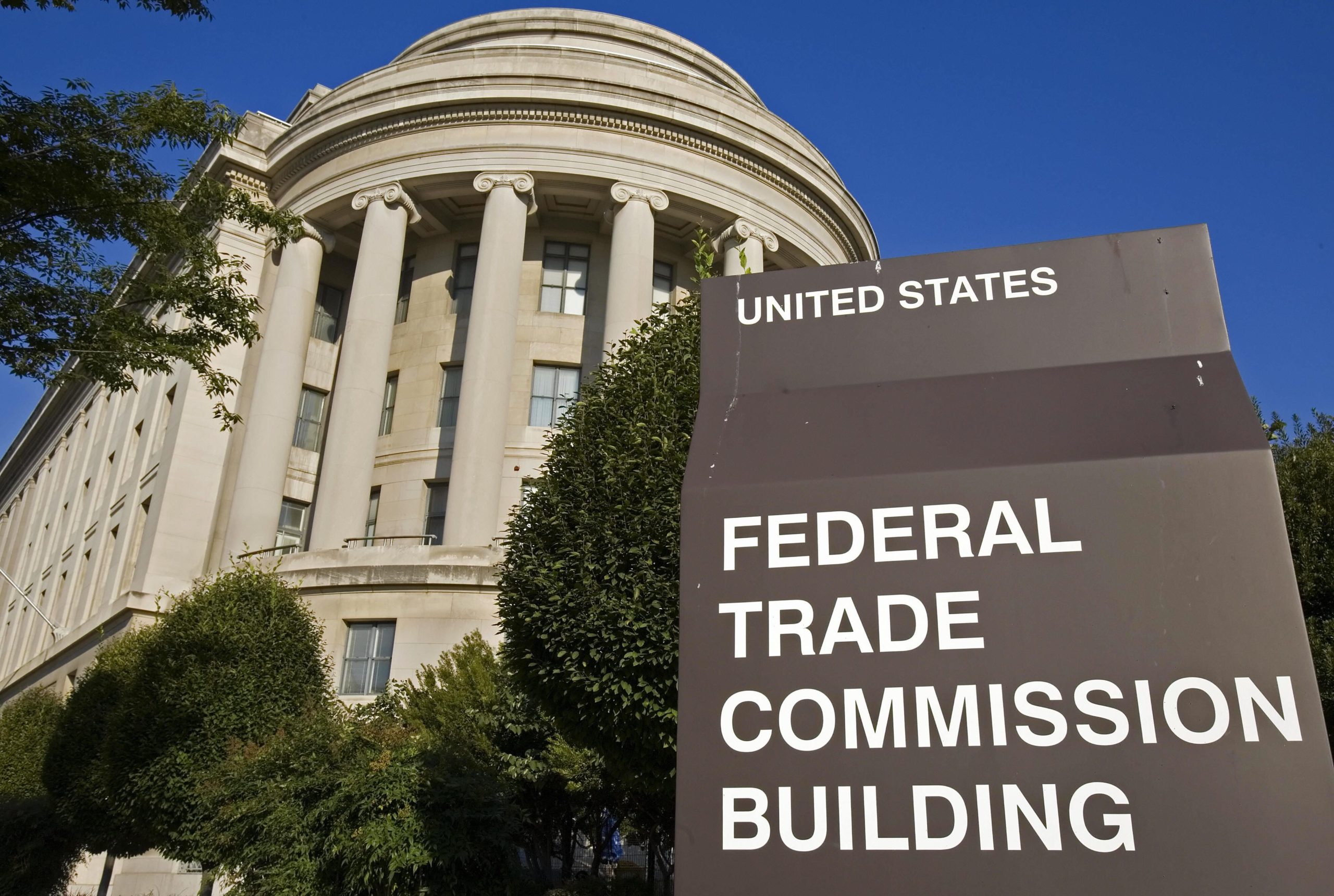FTC’S “MADE IN USA” Labeling rule highlights need for action by USDA

The Federal Trade Commission today finalized a rule codifying standards for when produce manufacturers may label products “Made in the United States.”
FTC policy has long required that “Made in USA” type claims only apply when “all or virtually all” of the product is made in the United States. With this rule, FTC can more easily pursue civil penalties against companies that violate the standards.
For its part, USDA issued a statement announcing “a top-to-bottom review of the ‘Product of USA’ label.” Secretary Vilsack acknowledged “concern that the voluntary ‘Product of USA’ label may confuse consumers,” but stopped short of committing to any specific reform to the label standards, such as a requirement it only apply to meat from animals born, raised, and slaughtered in the U.S.
“USDA Pledges to Address Confusing Standards that Allow “Product of USA” Claims on Beef and Pork Imported from Abroad”
“The FTC’s rule will help to protect consumers against deceptive marketing tactics that attempt to portray goods largely produced outside the country as American origin,” said Thomas Gremillion, Director of Food Policy at Consumer Federation of America. “Unfortunately, consumers will still have to grapple with unscrupulous origin claims on beef and pork harvested from animals of foreign origin.”
Under current USDA rules, meat processed from a carcass shipped into the country from abroad may carry a “Product of USA” label. The same goes for meat from animals born and raised in Mexico or Canada, and transported into the U.S. for slaughter. This was not always the case. Prior to 2015, USDA required country-of-origin labeling for fresh beef and pork products, specifically labels indicating where the cow or pig was born, raised, and slaughtered. However, Congress repealed those requirements after Canada and Mexico successfully challenged the policy in the World Trade Organization.
“Thanks to an unaccountable, unelected international tribunal, federal policymakers have abandoned mandatory origin labeling on beef and pork,” said Gremillion. “But the WTO’s decision offers no excusefor failing to protect consumers from deceptive practices, or for neglecting to put in place standards for producers that voluntarily choose to label their products as U.S. origin. Consumers strongly support origin rules; in a 2017 poll commissioned by CFA, eighty-nine percent (89%) of a representative sample of 1000 adult Americans favored, either strongly or somewhat, requiring food sellers to indicate on the package label the country of origin of fresh meat they sell. USDA has the authority – and indeed the duty – to protect consumers from deceptive and misleading claims, including ‘product of USA’ claims on meat from animals that are not born, raised, and slaughtered in the USA.”












